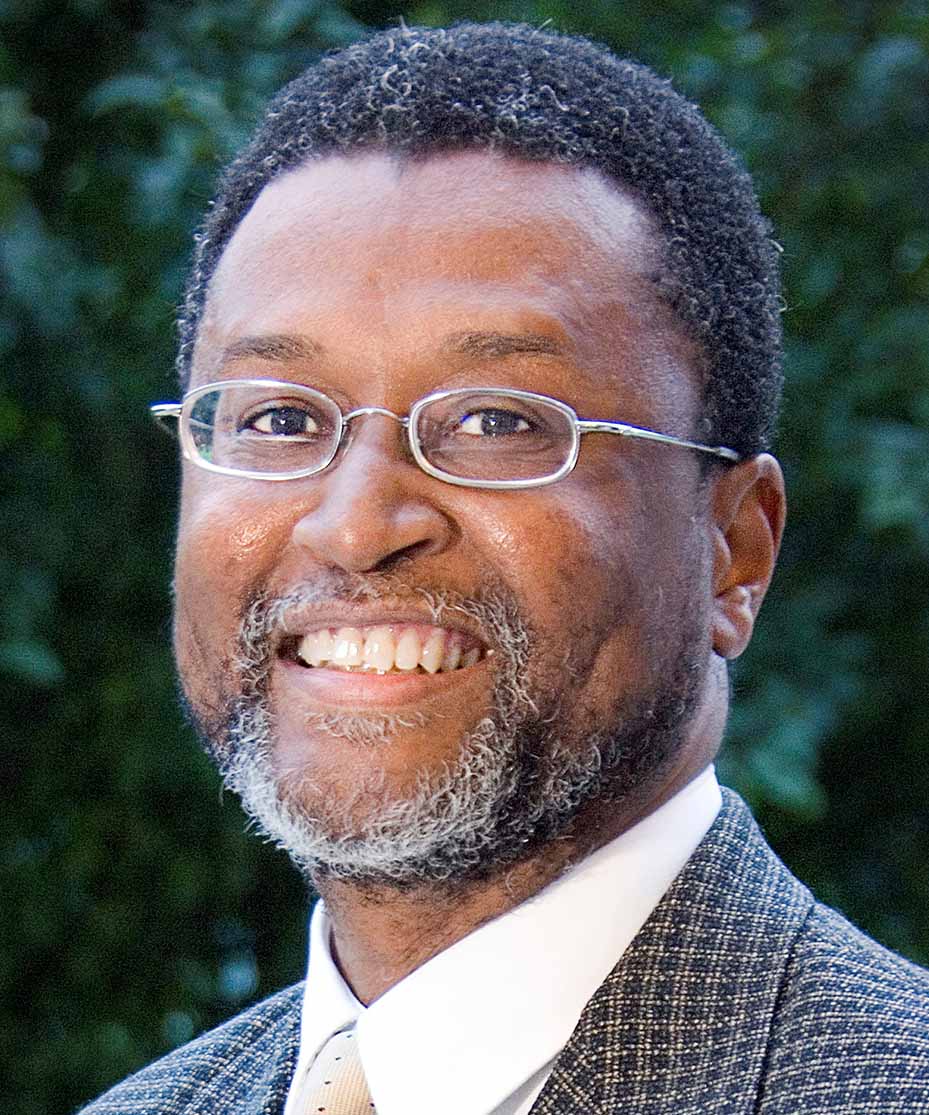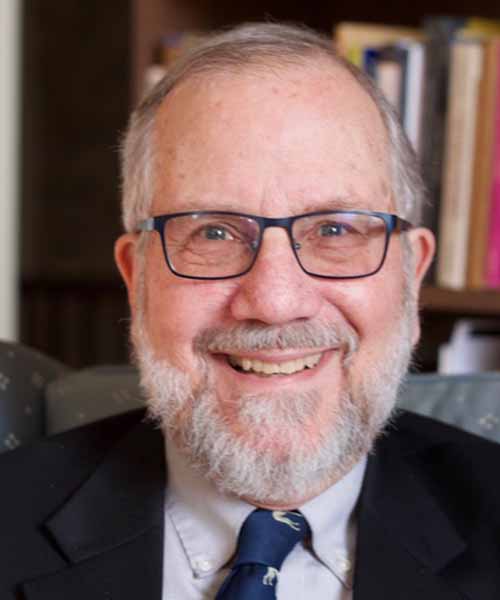The Proto-Ecumenical Dialogue of Abba Mika’el, Martin Luther, and Philip Melanchthon
Showing the The Proto-Ecumenical Dialogue of Abba Mika’el, Martin Luther, and Philip Melanchthon Video
Wednesday, November 18, 2020
2:00 p.m. - 3:30 p.m. EST
Location:
Online
A scholar of global history of Christianity and a researcher at the Department of History of Religions at the Leibniz Institute of European History in Mainz, Dr. Stanislau Paulau explored the 1534 encounter between Martin Luther, Philip Melanchthon, and Abba Mika’el (also known as Michael the Deacon), a monk and deacon of the Ethiopian Orthodox Church, in his 2019 award-winning dissertation The Other Christianity: Towards an Entangled Transconfessional History of Ethiopian Orthodoxy and European Protestantism, forthcoming from Vandenhoeck & Ruprecht. He is now authoring a forthcoming paper that highlights both critical questions and issues posed by this intercultural encounter at the age of Reformation and shows why the topic deserves serious attention by scholars today.
This discussion of Protestant-Ethiopian Orthodox relations highlighted neglected contacts in the 1530s between Martin Luther, Philip Melanchton, and Abba Mika'el. David D. Daniels III, a leading scholar of the global context of the early Reformation period, moderated a panel between Paulau and three other panelists versed in Ethiopian Orthodox Christianity and Orthodox-Lutheran dialogue to discuss the implications of Paulau’s paper and research. The discussants were Rev. Dr. Dagmar Heller, acting director of the Institute for Ecumenical Studies and Research; Solomon Gebreyes Beyene, research fellow at the Hiob Ludolf Centre for Ethiopian and Eritrean Studies; and Tim Wengert, emeritus professor of church history at the United Lutheran Seminary (Philadelphia). The discussion was framed within three ecumenical contexts: 1) the substance and significance of the 1534 event being the first documented meeting of Protestant leaders and an Orthodox monk; 2) the pre-Regensburg conversation about resolving the Catholic and Protestant conflict; and 3) the intercultural context that frames what we now understand as Global North-South exchanges between Christians and the manner in which the Southern Hemisphere first entered the European Reformation.
This event was co-sponsored by Georgetown University’s Department of Theology and Religious Studies and its Berkley Center for Religion, Peace, and World Affairs in collaboration with the Ecclesiological Investigations International Research Network, the McCormick Theological Seminary, Konfessionskundliches Institut, and Ecumenical Trends.
Discover similar content through these related topics and regions.
Image Gallery
Image Gallery
/1

Ethiopian Orthodox monastery in Tigray





